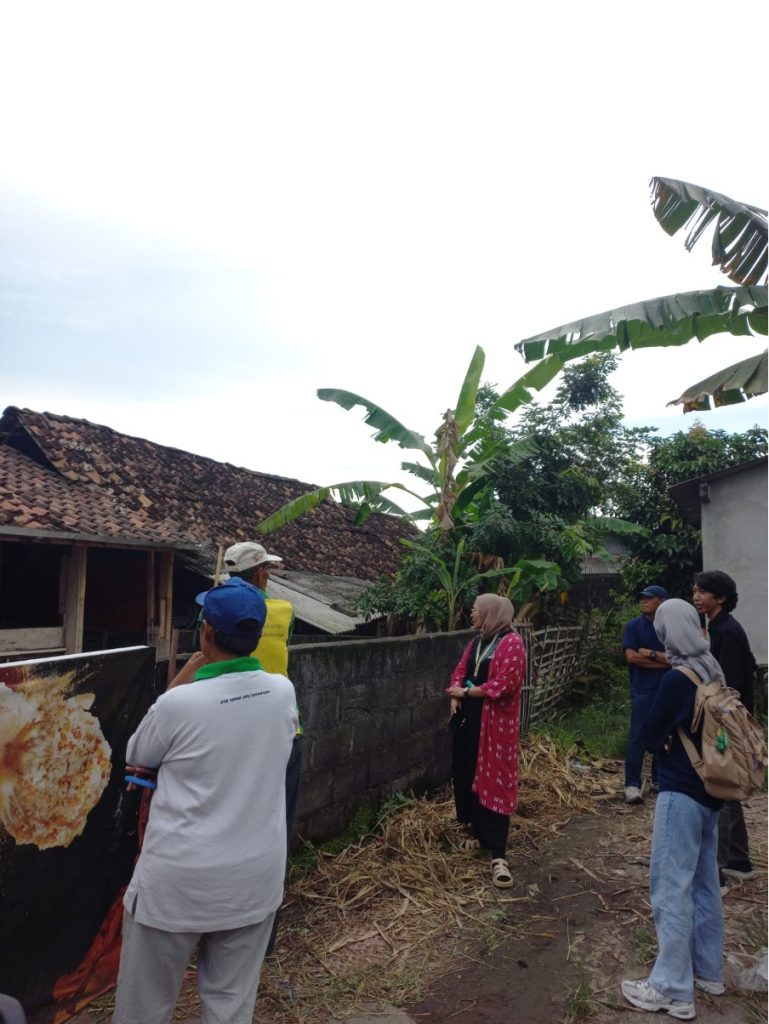As rapid urbanization continues to shape Southeast Asia, the need for sustainable water management becomes increasingly critical. Addressing this challenge, PolyUrbanWaters is a groundbreaking research and project network funded by the German Federal Ministry of Education and Research (BMBF). It brings together academic institutions, municipalities, government agencies, civil society, and private-sector stakeholders from Indonesia, Cambodia, Laos, Thailand, Vietnam, and Germany to develop a polycentric approach to urban water management.
A Vision for Water-Sensitive Cities
The PolyUrbanWaters program focuses on creating an urban development model tailored to the specific needs and realities of fast-growing and peri-urban areas. By adopting a polycentric approach, the initiative integrates decentralized, community-driven solutions for improved water management.
Currently, the program is being implemented in three pilot cities across three countries, including Sleman, Indonesia. Since its launch in 2018, PolyUrbanWaters has collaborated with Universitas Gadjah Mada, Kota Kita Foundation, and AKSANSI to drive meaningful change.
Progress in Sleman, Indonesia

From 2018 to 2024, the program has been active in Rejodani Sub-villages, identified as ideal pilot sites within Sariharjo Village, Sleman Regency. Key research efforts include:
- 2023 Baseline Study in Sariharjo Village, which provided insights into the region’s water management challenges.
- 2024 Vision Building Study in Rejodani Sub-villages, emphasizing community-driven planning for sustainable water solutions.
The Next Steps: 2025 and Beyond
Building on past research, PolyUrbanWaters aims to expand its efforts by identifying a new sub-village in Sariharjo by January 2025—one that demonstrates both a strong willingness and capacity to engage in water-sensitive urban development.
Between March and May 2025, a formal Baseline Study will be conducted in the selected sub-village (home to approximately 2,000 residents). The results will lay the groundwork for a Vision Building Process and Transition Pathways, set to take place from August 2025 to July 2027.
With its commitment to sustainable and inclusive water management, PolyUrbanWaters is driving a transformative change in urban development across Southeast Asia. As the initiative moves forward, it holds the potential to serve as a model for cities worldwide, demonstrating how community collaboration, research, and policy integration can create a resilient urban future.

